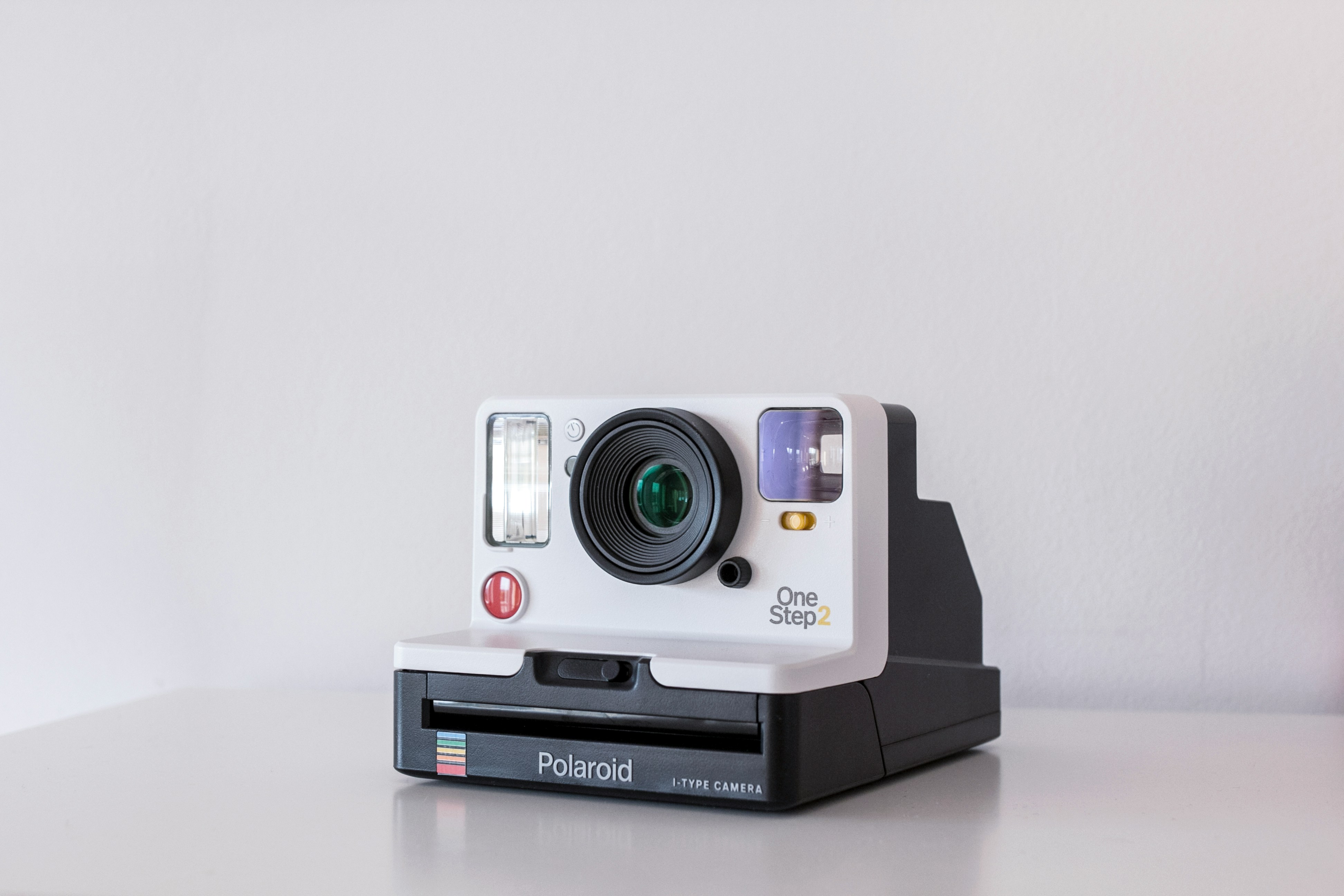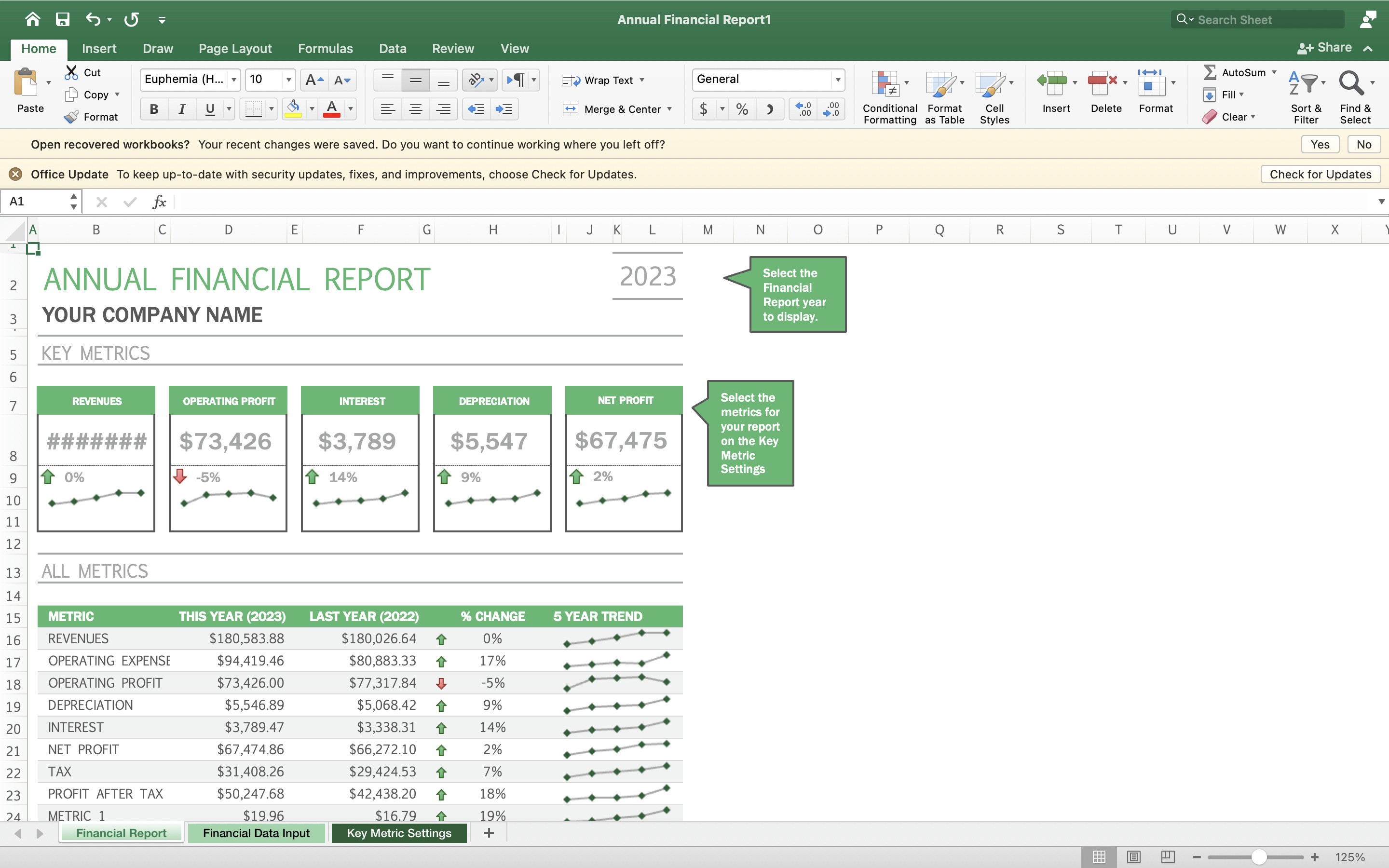"Ok, But How" with Founder Aneela Idnani of HabitAware
Business
Elyse Ash
Apr 17, 2023
Elyse: What did you want to be when you were a kid? Did you ever think you wanted to start your own company?
Aneela: When I was a kid, I played “office” instead of “school” or “house.” Growing up I watched my dad run his own import/export business from a home office. Together, my mom and dad also managed her dental practice. As a kid, I lacked confidence, but I knew I wanted to follow in my parents’ entrepreneurial footsteps and that I wanted to do something that helped people.
Elyse: How did you get the idea for HabitAware?
Aneela: HabitAware started out of personal need and from an “aha” moment with my husband and business partner, Sameer.
Since my tweens I have compulsively pulled out my hair as a coping mechanism for stress and other mental and physical dysregulations. This is a medical and mental health condition called trichotillomania.
My trich got worse during high school as I watched my father battle leukemia for 4 years. I hid my trichotillomania out of fear of judgment and lack of understanding of what was happening. It ebbed and flowed throughout my life and in 2013/2014, I was pulling way more than I ever had - a combination of professional stress and pregnancy hormones.
After a late night pull session, I woke to an entire eyebrow missing. I hurried to the bathroom to cover up with my trusty black eye pencil, but Sameer was in the doorway and looked and asked, “What happened to your eyebrow?” At that moment I shed my secret baggage and welcomed his love and support.
In the coming weeks, he took to the internet to better understand this condition and sister Body-Focused Repetitive Behaviors (BFRBs) like skin picking and nail biting. I shared with him how I didn’t realize when I was pulling. But he did. And one day as I sat on the couch watching tv and mindlessly plucking out eyelashes, he gently grabbed my hand. That was our aha moment. I turned to him and said “Wow, I wish I just had something that notified me!”
Elyse: HabitAware comes from such a deeply personal experience. Is it ever hard to talk about such a vulnerable, personal experience so publicly?
Aneela: After our aha moment, I had to get over the fear of sharing both my trichotillomania secret AND my business idea! It was only in sharing what I was going through and my potential solution that the doors opened throughout the Minneapolis startup ecosystem for Sameer and I to meet our two technical co founders, Kirk Klobe (CTO) and John Pritchard, PhD (Lead Hardware Engineer).
I’ve honestly been through a lot in my life, from parental loss, to heartbreak, to a suicide attempt, to a myriad of mental health conditions and just recently, a dance with breast cancer.
Everyone can probably look at their life and list out a similar influx of pain. It is no longer hard for me to talk about any of these personal struggles, in fact my ability to laugh at it all now and my “nonchalantness” about these heavy subjects often catches people off guard. But I’ve made my peace with my losses and I have gratitude for each and every pain because they led me to my purpose, serving the BFRB community.
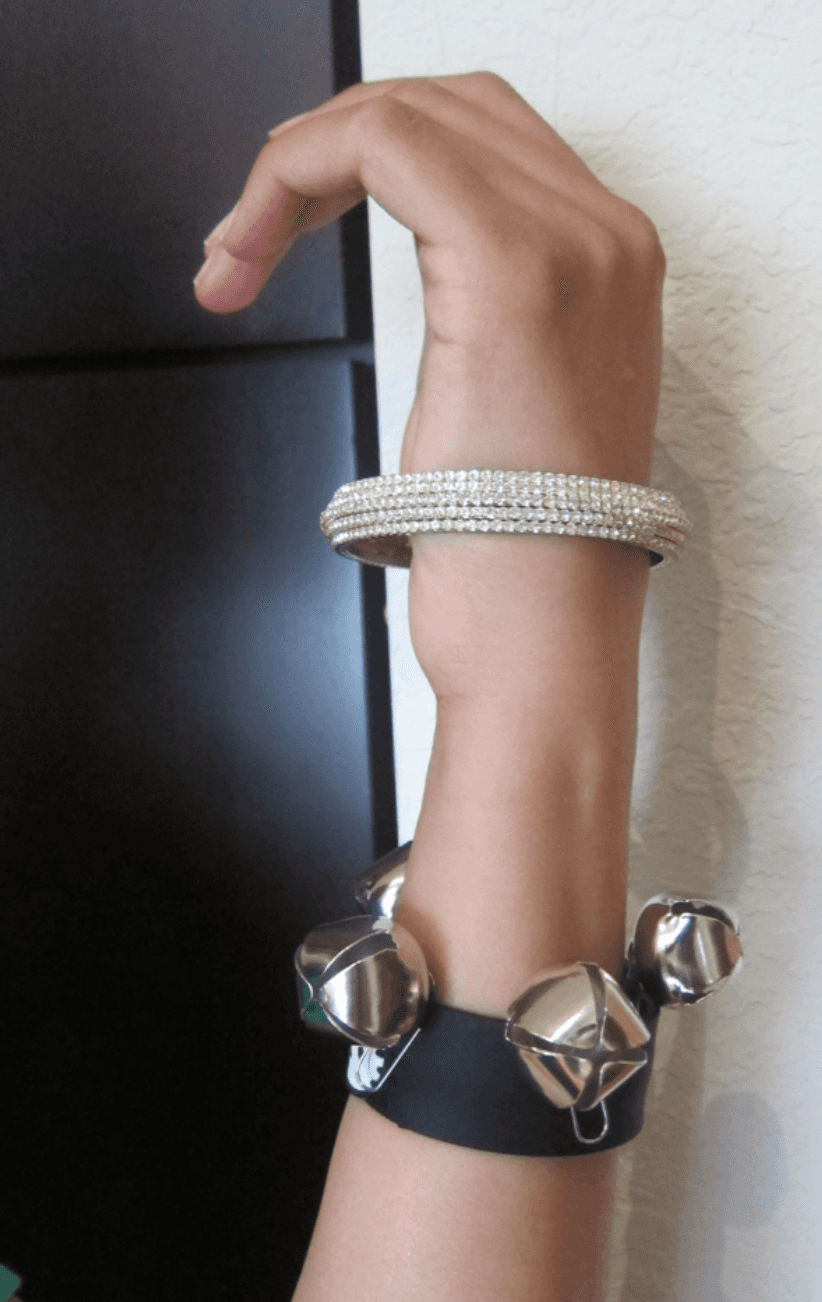
A low-fidelity prototype of their bracelet system
Elyse: How did you start building HabitAware? What pieces of the business did you build first? How did you fund those first phases?
Aneela: The first step in building HabitAware was in making sure that the initial impulse of a smart bracelet was the right way to go. Sameer and I brainstormed a bunch of different ways to build awareness of the hand moving up to the head - from an elbow brace to a two-piece ring + earring system. We decided on a bracelet because of its ability to easily blend in.
From there, we had to test this hypothesis of, “If I’m aware, can I take control of the hair pulling.” After a trip to Michaels craft shop, we built lo-fi prototypes - a two bracelet system consisting of a Hello Kitty slap bracelet with jingle bells attached and a heavy faux diamond bracelet. When my hand went up the two would clash and ring and alert me.
It was kind of working, so we moved to the next step - figuring out some real tech solutions and talking with friends in the MNtech community to find folks willing to work with us to build it! Here is where serendipity played an early role in our journey.
We met Kirk via twitter as he was tweeting about a technology Sameer + I were considering for our device. I looked at Kirk’s profile and he had “hopkins, MN” listed. Sameer met him for coffee and Kirk joined us at an IOTFuse HackDay event that I learned about through friends at CoCo co-working space in the historic Grain Exchange. At the event, we met John.
Together the 3 of them built a prototype that worked and from there we continued hacking nights and weekends until we got to our “shit or get off the pot” moment: getting accepted into HAX accelerator program. It was Zach Supalla (Spark Devices / Particle), whom I’d met through Fallon-friend & entrepreneur, Marty Wetherall, who gave us those encouraging words after just launching Spark via HAX’s program!
These initial stages didn’t require much funding, but in the beginning we were able to leverage savings, a friends and family round of fundraising, and winnings from a small competition (LogicPD’s “DPIC” Challenge).
The HAX investment came simultaneously to an investment from some local angels. We’ve subsequently won other competitions (MNCup & the MEDA Challenge), been granted 4 SBIR research awards and received investment from a few other VCs / angel investors, notably Arlan Hamilton’s Backstage Capital and CNBC’s “The Profit” Marcus Lemonis.
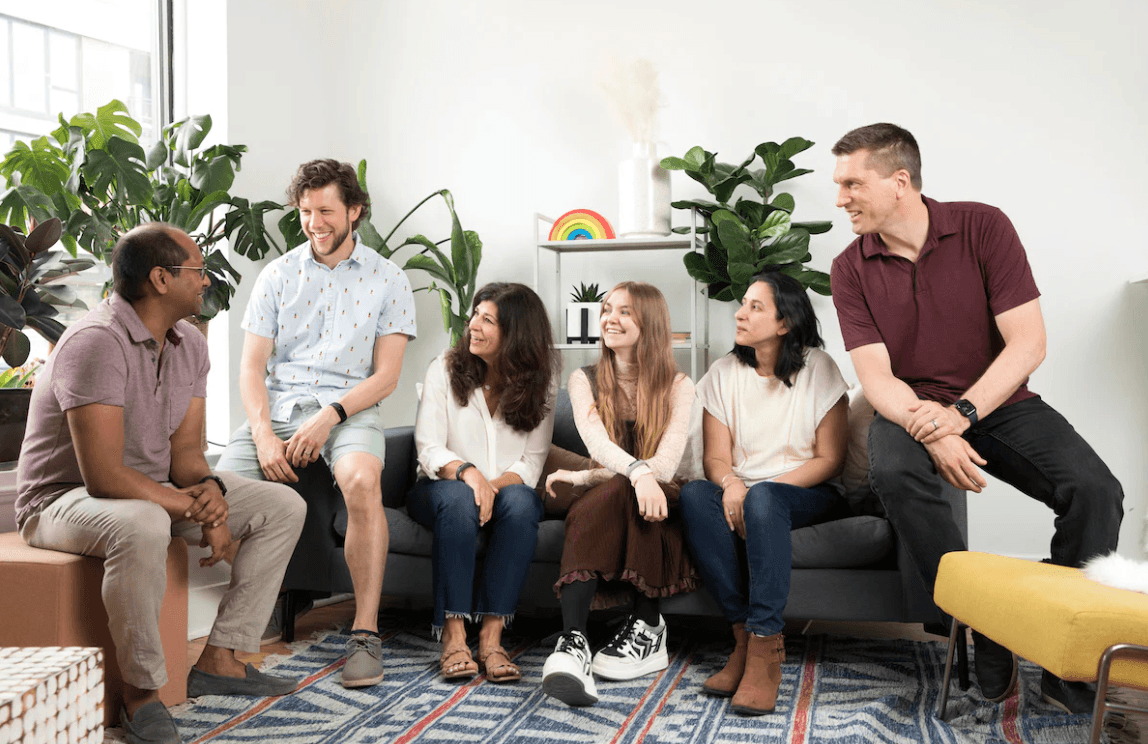
The HabitAware team
Elyse: What are some of the more unique challenges that come with building a piece of hardware like the Keen Smart Bracelet? I imagine there are a lot of them!
Aneela: When it comes to hardware, it’s best I let the experts speak. Here’s what my teammate, John, shares: “We are lucky to have a team with diverse skill sets that cover nearly all the critical needs of our business. That said, when we founded HabitAware we were new to the startup ecosystem as well as launching a product we owned end-to-end. The learning curve was steep. When we launched our product, Keen, in 2016, a major technical milestone was to successfully execute our first production run. Although our beta testing was rigorous, we encountered an electronics issue that only revealed itself at scale. This issue was a delayed effect in the field, impacted a sizable portion of our customers, and was permanent for the affected customer. We addressed this on two fronts: Push an engineering solution to quickly detect and identify this in the field while fixing the root cause and maintain excellent customer service. This type of situation is not uncommon among startups. Taking care of our early adopters, quickly solving and communicating unexpected problems, and ensuring our business plan built in enough buffer for events like this were imperative activities to keep up momentum.
Of course, the COVID-19 pandemic created a myriad of challenges. Namely, component availability and pricing became excessive for small businesses. Parts with typical 6-week lead times jumped to 6-months, and the rare components jumped to a full year or more. To compound the issue, we manufacture overseas and were not allowed to manage quality control in-person anymore. Fortunately, we partner with sharp, nimble suppliers who identified the bottleneck early, acquired enough stock to weather the part-shortage situation, and we worked together to rapidly implement design changes. It was a two-year fire drill that’s only now showing signs of easing, and we are excited to see the industry on its way back to normal.”
Elyse: What has been your biggest success with HabitAware to date?
Aneela: I am so proud of how far we’ve come as a team and community. Most businesses don’t make it past the 5 year mark. We’ve definitely been a catalyst for change in the community and my biggest success - the way I’ve always measured value - has never been in dollars. For someone who once stood on a ledge feeling so utterly worthless, the biggest success is just being here to see the change in the lives of so many people who were once hurting in hiding, like me.
Elyse: You’ve spoken quite openly about wrestling with imposter syndrome. Do you have any advice or tips for other founders who might also struggle with imposter syndrome?
Aneela: “Who am I to heal people with mental health issues?” is the primary judgmental imposter syndrome thought that creeps into my mind even 6 years into this rodeo.
Our brain wants to be right, so when I question “Who am I?” my brain is going to give me all the reasons to support it - yep, you don’t have a degree, yep you don’t have training, etc.
BUT to dance with imposter syndrome is to look at the flip side – “what DO I HAVE?” I have decades of lived experience. I’ve had more conversations with people with BFRBs than any other treatment professional on this earth. From that I have deeper insights and understanding. Imposter no more.
So that is my advice to anyone with doubt in their mind. To look at the flips side and recognize that those thoughts are serving a purpose of trying to protect you from potential pain, but they are not necessarily true. Only you and your actions can make them true. Don’t quit. Keep going.
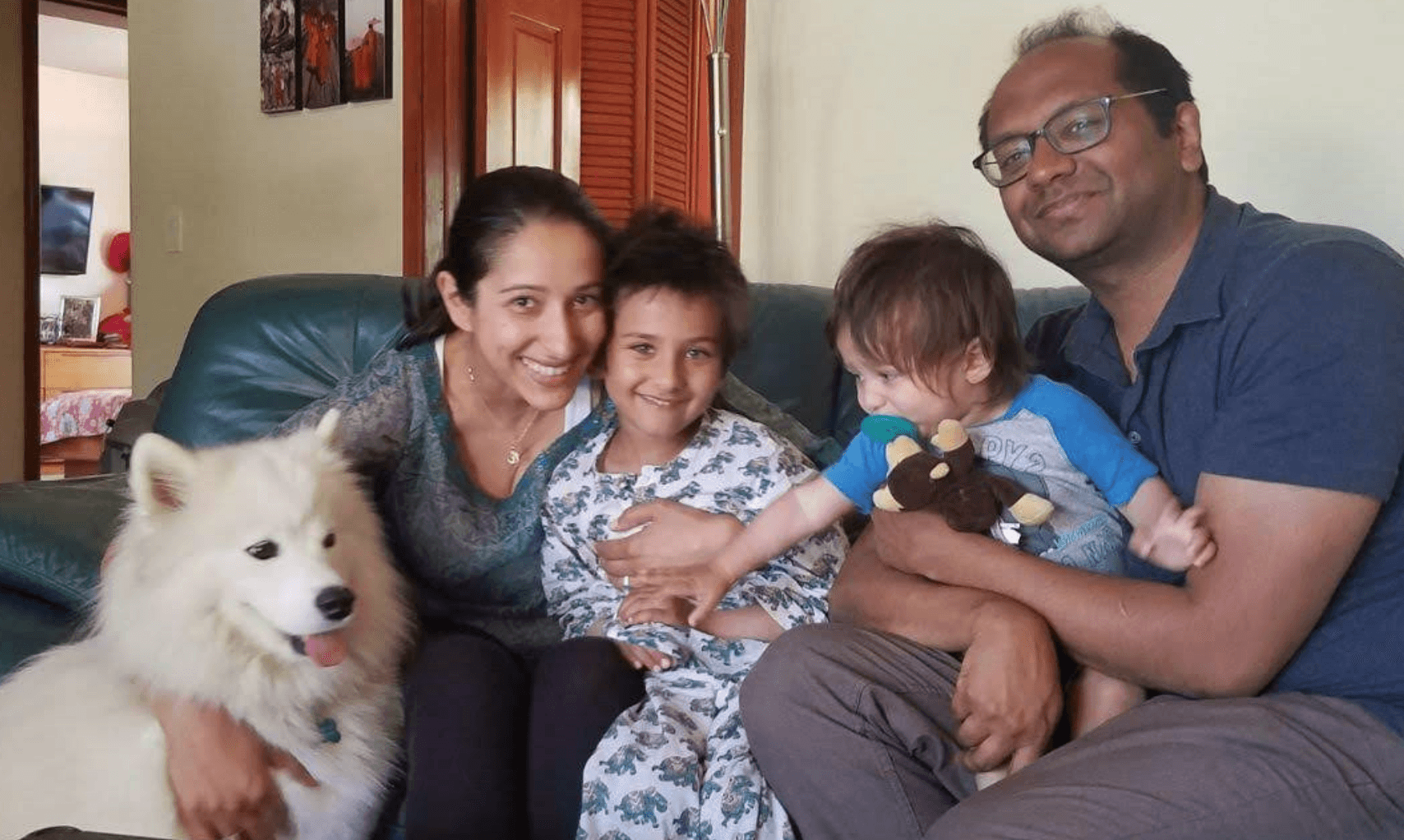
Aneela, Sameer and their family
Elyse: You’ve coined your own term “Service + Serendipity As A Strategy (SSAAS).” Can you explain what that means?
Aneela: Service + Serendipity As A Strategy (SSAAS) simply means “put yourself out there, trust in the universe, do good & good will come back to you.” It’s a pay it forward mentality that is in line with the Minnesota’s values of service and community over consumption and individualism that, as a native New Yorker, I’ve seen reign the coasts.
Serendipity as a Strategy involves taking advantage of unexpected opportunities, but for those opportunities to arise, I have to show up!
As an example: back in 2017, I gave birth to my second son. My friend Alex Rodriguez from the startup community reached out to ask me to guest speak at a local event he was hosting for diverse founders. I was on “maternity leave” and said “YES!” Sameer came with me to the Graveti Summit, along with our 2-month-old baby! I was there to talk about "Starting a Business that Solves a Problem You Have." Though we planned to leave right after I spoke, we decided to stay to hear Arlan Hamilton’s Keynote interview. During this interview, Arlan specifically called me out as an example of founders they look for! If I had said "No, I can't," to the ask of the Graveti organizers to come share the HabitAware story, I would not have met Arlan and Arlan would not have been an early investor in HabitAware.
Serendipitous forces have been behind many of the opportunities HabitAware and myself personally have experienced: Attending HAX hardware accelerator, speaking at TEDx Fargo in 2019, and being interviewed by Marcus Lemonis for his new podcast, just to name a few! We have to do the hard work of helping others and put ourselves out there! So “think of yourself like spaghetti, and see what sticks!” This means go to events, and within reason, put yourself out there, say “yes!” when people ask for your time, advice, help. Say YES to SSAAS!
Elyse: Do you have any tips on how founders can avoid burnout? How do you stay motivated and engaged, especially if you’re having a hard day / week / quarter?
Aneela: When I start to lose motivation, I remember all the Keen family who’ve written in to share how we changed their lives and I also imagine sending an email to them to call it quits. And that simple exercise of imagining the responses lifts me back up to keep doing the work.
As it relates to physical and mental burnout, my recent dance with breast cancer reminded me that health is paramount. Without YOU, there is no BUSINESS. So in the same breath that I encouraged you to “Say YES! to opportunity,” I also asked you to do so “within reason.”
This means ensuring that the things that you say yes to align with your values - which means you should take the time to write them down. Having this rubric allows me to avoid burnout and having breast cancer gave me the opportunity to revisit my values.
During this revisit, I realized I was stretching myself too thin trying to serve my family, my BFRB Community, and the MNtech startup community through volunteer board positions and teaching college level Entrepreneurship. Now, I know other humans can do all those things, but my breast cancer was telling me that I needed to revisit my “plate” so that I could listen to the whispers of my heart. I trust that in time, I’ll be able to return to continue giving back to the MN tech community that gave so serendipitously to me.

